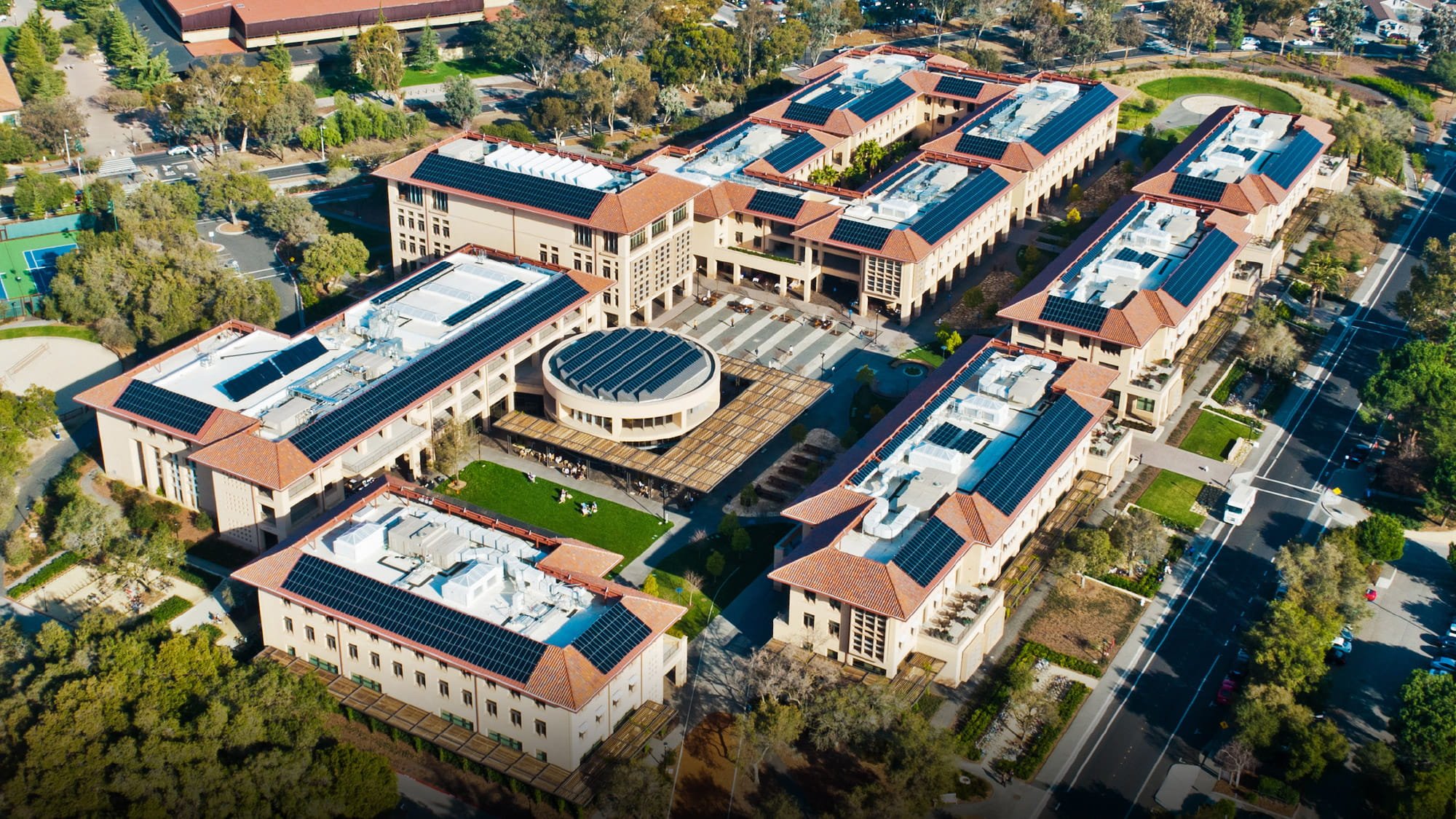
Each year, the Financial Times releases its ranking of the best MBA programs for entrepreneurship, helping up-and-coming entrepreneurs make informed choices about the best program for their career and startup goals.
The 2018 ranking compiled 50 schools from around the world. A number of factors went into determining which schools would make the grade, including the percentage of graduates who started a company after earning their degree, the percentage of female entrepreneurs, the extent to which funding from the school or from the school’s alumni network helped in the creation of new businesses, and more. These factors combined would help decide in what position a school would fall on the ranking.
This year, schools in the United States took the top three spots on the list: the Stanford Graduate School of Business, the F.W. Olin Graduate School of Business at Babson College, and the Tuck School of Business at Dartmouth College. Two U.K. business schools—the Lancaster University Management School and the Cass Business School—rounded out the top five.

Despite dipping numbers of students, the Stanford Graduate School of Business entrepreneurship program is still the top-ranked in the world, according to the Financial Times.
Stanford saw significant drop in the number of students starting a business within three years of graduation. This year, it was just 22 percent of students compared with last year’s 36 percent. Babson College’s Olin Graduate School of Business also witnessed a drop, from 52 percent last year to 37 percent in 2018.
One explanation for the drop, however, is not that interest in entrepreneurship is declining, but instead that it is being pursued more as a “side hustle” than a full-time career. Many students see a full-time role as just one step to eventually starting their own company. By putting their skills to work at a top company like Amazon or Google, students are able to more quickly pay off their student loans, which means eventually starting a business debt free. Companies like Amazon also may seek out those with entrepreneurial experience, because it demonstrates an attractive leadership quality
Nevertheless, student interest in studying entrepreneurship as part of their MBA has grown at schools like Cass. Part of this may be the result of Cass’s £10m investment fund, which has not only supported new MBA start-ups but has also trained students in the process of investing.
Financial Times MBA Entrepreneur Ranking (2018)
- Stanford Graduate School of Business
- F.W. Olin Graduate School of Business (Babson)
- Tuck Business School (Dartmouth)
- Lancaster University Management School
- Cass Business School (City University)
- Otto Beisheim School of Management (WHU)
- IMD Business School
- Saïd Business School (Oxford)
- Harvard Business School
- Judge Business School (Cambridge)
This post has been republished in its entirety from its original source, metromba.com.
No comments:
Post a Comment